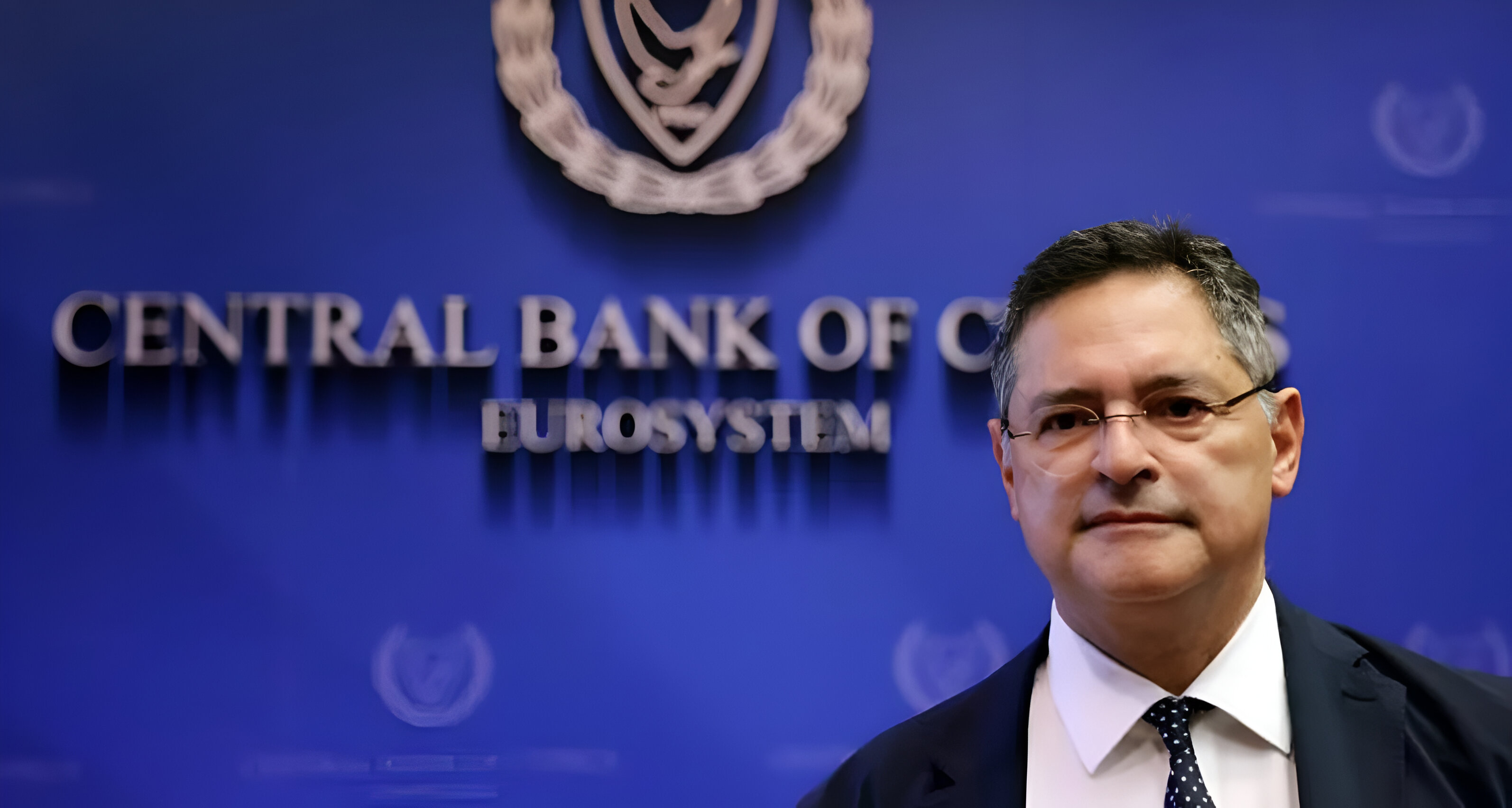Strong banks and sound policy key to weathering storms
The Cypriot economy and banking sector remain resilient despite intensifying geopolitical instability and rising global trade tensions, according to Christodoulos Patsalides, governor of the Central Bank of Cyprus (CBC).
In a statement released on Monday, Patsalides highlighted the country’s solid macroeconomic performance and the strength of its financial institutions.
At the same time, he warned of growing global uncertainties and calling for prudent, forward-looking policies from both the public and financial sectors.
“Cyprus continues to demonstrate remarkable resilience,” he said, referencing the recent assessment by the International Monetary Fund (IMF).
Specifically, the IMF noted that the country had shown “impressive resilience to successive crises,” with growth among the highest in the euro area, driven by foreign investment, tourism, and robust development in the technology and communications sectors.
Patsalides recalled that Cyprus recorded a growth rate of 3.4 per cent in 2024, significantly higher than the euro area average of 0.9 per cent.
In addition, unemployment dropped to 4.9 per cent—compared to 6.4 per cent in the eurozone—while inflation eased to 2.3 per cent.
Moreover, public debt fell to 61.9 per cent of GDP by January 2025, well below the eurozone’s average of 88.2 per cent in the third quarter of 2024.
The financial sector also showed strength, with a CET1 capital adequacy ratio of 24.5 per cent in December 2024, well above the European average of 16.1 per cent.
Profitability was also strong, with return on equity reaching 20 per cent—nearly double the European average of 10.5 per cent.
Liquidity levels remain among the highest in the European Union.
“The strong capital base and profitability provide banks with the necessary tools to further reduce non-performing loans and deleverage real estate portfolios,” Patsalides explained.
“However, financial institutions must invest in advanced risk management systems, especially for credit risk, given that the NPL ratio, although improved, remains high at 6.2 per cent—compared to the EU average of 1.9 per cent,” he added.
According to the CBC’s baseline scenario—prepared before the latest wave of global tariffs—GDP is expected to grow by just over 3 per cent annually between 2025 and 2027.
Inflation is projected to converge towards the medium-term target of 2 per cent, while unemployment is forecast to drop to 4.6 per cent by 2027.
Public debt is expected to fall below 50 per cent of GDP by 2028, according to the Finance Ministry.
Despite these favourable trends, global risks are mounting, the CBC governor pointed out.
“Unfortunately, uncertainty around the global economic trajectory is not only persistent but escalating,” Patsalides warned.
He cited the re-escalation of trade wars, digital infrastructure threats, geopolitical tensions, and climate change as key destabilising forces.
“The imposition of new tariffs by the United States on the EU and other countries, and the anticipated countermeasures, are expected to affect the Cypriot economy to some extent,” he stated.
Furthermore, he mentioned that the CBC is currently modelling possible scenarios, with results expected in June.
He also pointed to IMF managing director Kristalina Georgieva’s recent warning that such protectionist measures pose a “significant risk to global prospects during a period of sluggish growth”.
The central bank governor added that market reactions to recent tariff announcements reflected these concerns.
“We are entering a phase of heightened volatility,” he stressed. “Risks to financial stability are increasing, and the probability of extreme scenarios is rising.”
In this environment, he said that Cyprus must continue with disciplined policymaking.
“Cyprus, as a small and open economy, must reinforce its ability to absorb external shocks,” he stated.
“With steady and visionary navigation, we can seize new opportunities and further strengthen our position in the European and global economic arenas,” he added.
Turning to the public sector, Patsalides said that maintaining a strong fiscal position is crucial.
“The goal of reducing public debt must remain firm,” he mentioned, calling for restraint on rigid expenditure and rationalisation of the public payroll.
“The only credible way to enhance resilience in the face of revenue downturns is by increasing flexibility in public spending,” Patsalides stressed.
What is more, he stated that accelerating digital transformation will also play a key role.
“This will increase productivity and diversify the economy, creating the conditions for new sectors to emerge and for attracting foreign investment,” he said.
Additionally, he stressed the importance of promoting export-oriented domestic production and structural reforms to boost competitiveness.
In terms of the banking sector, Patsalides underlined the need to preserve capital strength and ensure continued financing of households and businesses.
“The rapidly shifting environment demands a more proactive stance on risk assessment and shock absorption,” he said.
“Financial institutions”, he continued, “should manage operational costs carefully and exercise caution with dividend distributions”.
The CBC, he noted, has already raised the countercyclical capital buffer as a precaution.
Patsalides also commented on the issue of reputational risk and the need for proactive governance.
He explained that reputational risk, though intangible, requires particular attention, especially in periods of volatility and uncertainty.
“Reputation is an immaterial yet critically important asset for any financial institution,” Patsalides noted.
“It directly influences the confidence of depositors, investors, and supervisory authorities,” he added.
He warned that negative developments or poor crisis communication can trigger capital outflows, loss of access to funding, or even credit rating downgrades.
“In such environments, reputational risk is amplified,” he said.
To mitigate this, Patsalides called for a proactive strategy. “We must reinforce corporate governance frameworks, ensure transparency in transactions, and maintain consistent compliance with regulatory requirements,” he added.
He also stressed that building and maintaining trust is not optional.
“Continual enhancement of the banking sector’s credibility is a fundamental pillar of both financial stability and broader economic resilience,” the CBC governor concluded.






Click here to change your cookie preferences